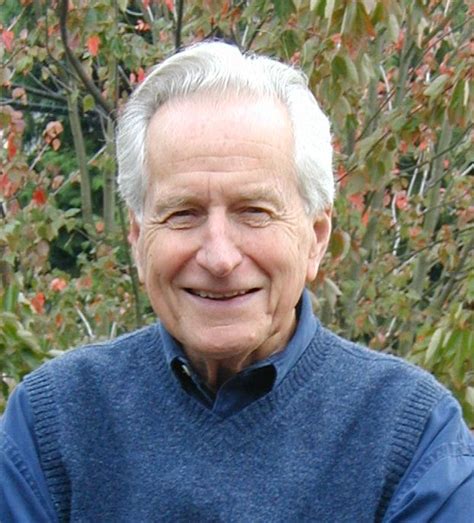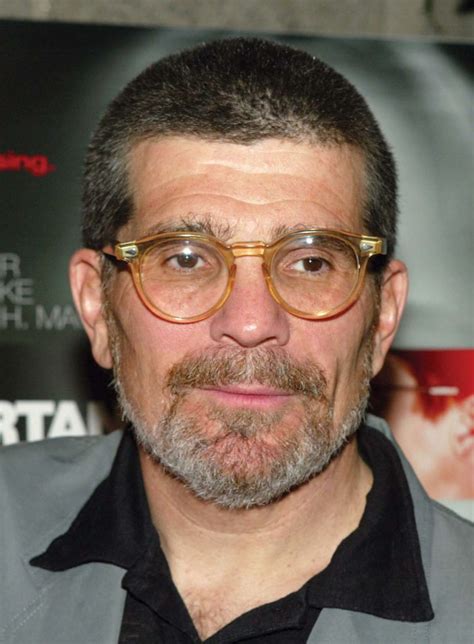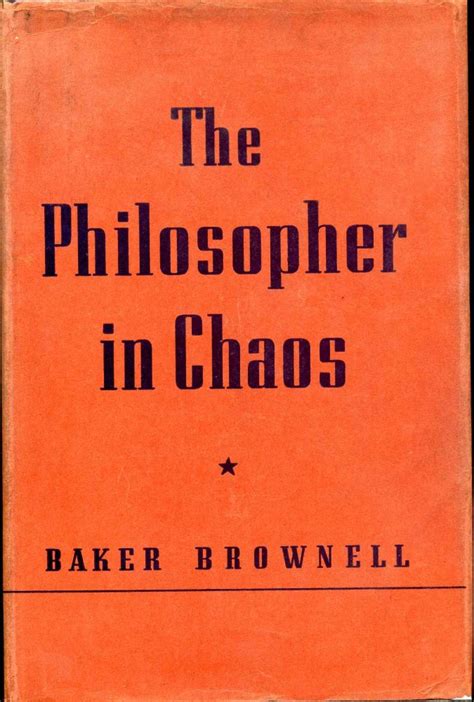A Quote by Aberjhani
His [Ben Okri's] work poses very serious questions for the twenty-first century. Among them: To what extent will we allow the indefinable dynamics of something called "destiny" to maintain grief and horror in the world? How hard are human beings willing to fight to achieve and sustain justice, equanimity, or joy? And should progress be called such when it devours what is best within the human spirit?
Quote Topics
Achieve
Allow
Among
Beings
Ben
Best
Century
Destiny
Dynamics
Equanimity
Extent
Fight
First
Grief
Hard
His
Horror
How
Human
Human Being
Human Beings
Human Spirit
Indefinable
Joy
Justice
Maintain
Poses
Progress
Questions
Serious
Should
Something
Spirit
Sustain
Them
Twenty
Very
Will
Willing
Within
Work
World
Related Quotes
The twenty-first century will be a time of awakening, of meeting the creator within. Many beings will experience oneness with God and with all life. This will be the beginning of the golden age of the new human, of which it has been written; the time of the universal human, which has been eloquently described by those with deep insight among you.
The most controversial issues of the twenty-first century will pertain to the ends and means of modifying human behavior and who shall determine them. The first educational question will not be 'what knowledge is of the most worth?' but 'what kinds of human beings do we wish to produce?' The possibilities virtually defy our imagination.
How Human beings are, that is how the society will be. So, creating human beings who are flexible and willing to look at everything rather than being stuck in their ideas and opinions definitely makes for a different kind of society. And the very energy that such human being carry will influence everything around them.
The greatest achievements in the science of this [twentieth] century are themselves the sources of more puzzlement than human beings have ever experienced. Indeed, it is likely that the twentieth century will be looked back at as the time when science provided the first close glimpse of the profundity of human ignorance. We have not reached solutions; we have only begun to discover how to ask questions.
And people who believe in God think God has put human beings on earth because they think human beings are the best animal, but human beings are just an animal and they will evolve into another animal, and that animal will be cleverer and it will put human beings into a zoo, like we put chimpanzees and gorillas into a zoo. Or human beings will all catch a disease and die out or they will make too much pollution and kill themselves, and then there will only be insects in the world and they will be the best animal.
There is no limit to suffering human beings have been willing to inflict on others, no matter how innocent, no matter how young, and no matter how old. This fact must lead all reasonable human beings, that is, all human beings who take evidence seriously, to draw only one possible conclusion: Human nature is not basically good.
Returning from the wilderness a man becomes a restorer of order, a preserver. He sees the truth, recognizes his true heir, honors his forbears and his heritage, and gives his blessing to his successors. He embodies the passing of human time, living and dying within the human limits of grief and joy.
What are the hallmarks of a competent writer of fiction? The first, it seems to me, is that he should be immensely interested in human beings, and have an eye sharp enough to see into them, and a hand clever enough to draw them as they are. The second is that he should be able to set them in imaginary situations which display the contents of their psyches effectively, and so carry his reader swiftly and pleasantly from point to point of what is called a good story.
There's a notion of art in this country that you have to be nutty or special or "called" in order to be an artist. I believe the questions everyone should ask themselves are, "Do you want to do it? Are you willing to do it poorly? Are you willing to do the work of doing it? Are you willing to persist when everybody tells you it's silly?" If you're willing to do that, then you can do it.
Art arises in those strange complexities of action that are called human beings. It is a kind of human behavior. As such it is not magic, except as human beings are magical. Nor is it concerned in absolutes, eternities, "forms," beyond those that may reside in the context of the human being and be subject to his vicissitudes. Art is not an inner state of consciousness, whatever that may mean. Neither is it essentially a supreme form of communication. Art is human behavior, and its values are contained in human behavior.
No matter what part of the world we come from, we are all basically the same human beings. We all seek happiness and try to avoid suffering. We have the same basic human needs and concerns. All of us human beings want freedom and the right to determine our own destiny as individuals and as peoples. That is human nature.







































